-
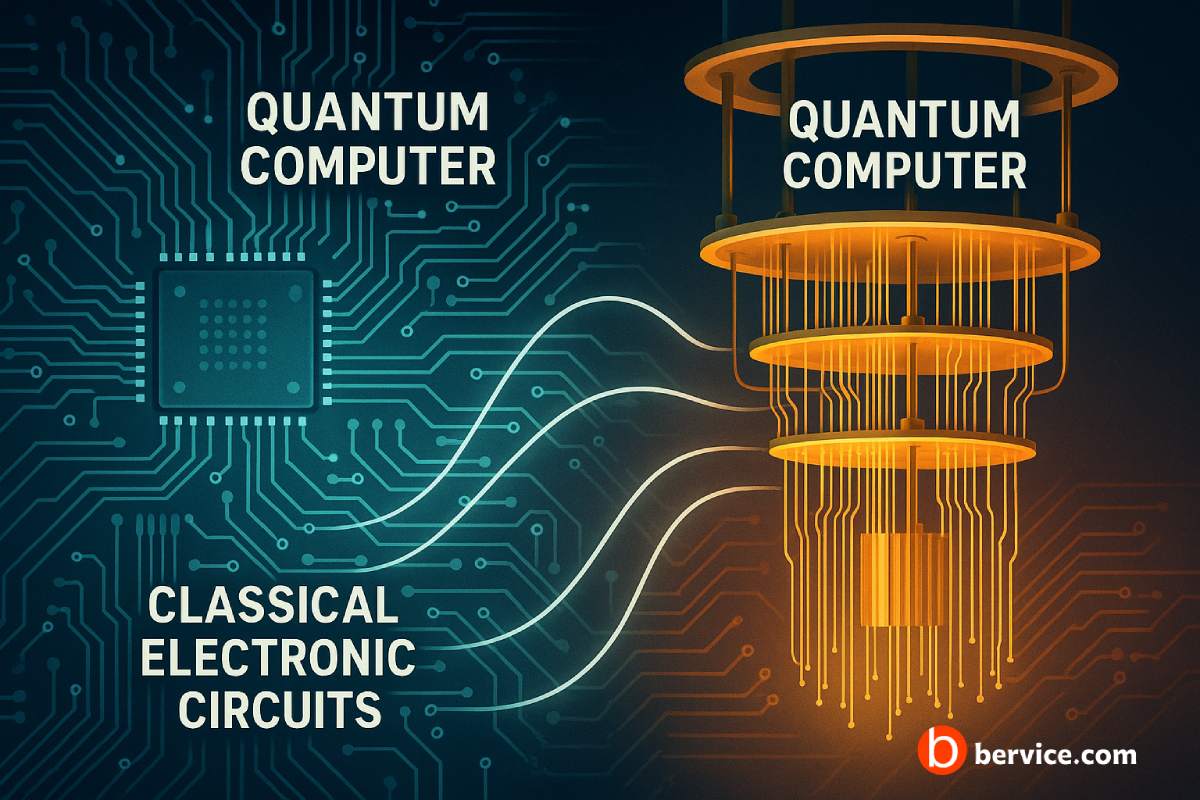
The Interaction Between Quantum Computers and Classical Electronic Circuits
Introduction Quantum computers represent a paradigm shift from classical computing, leveraging the principles of quantum mechanics—such as superposition and entanglement—to solve complex problems exponentially faster than traditional systems. However, quantum computers do not operate in isolation. They require a classical interface to function effectively. Classical electronic circuits still play a critical role in the…
-
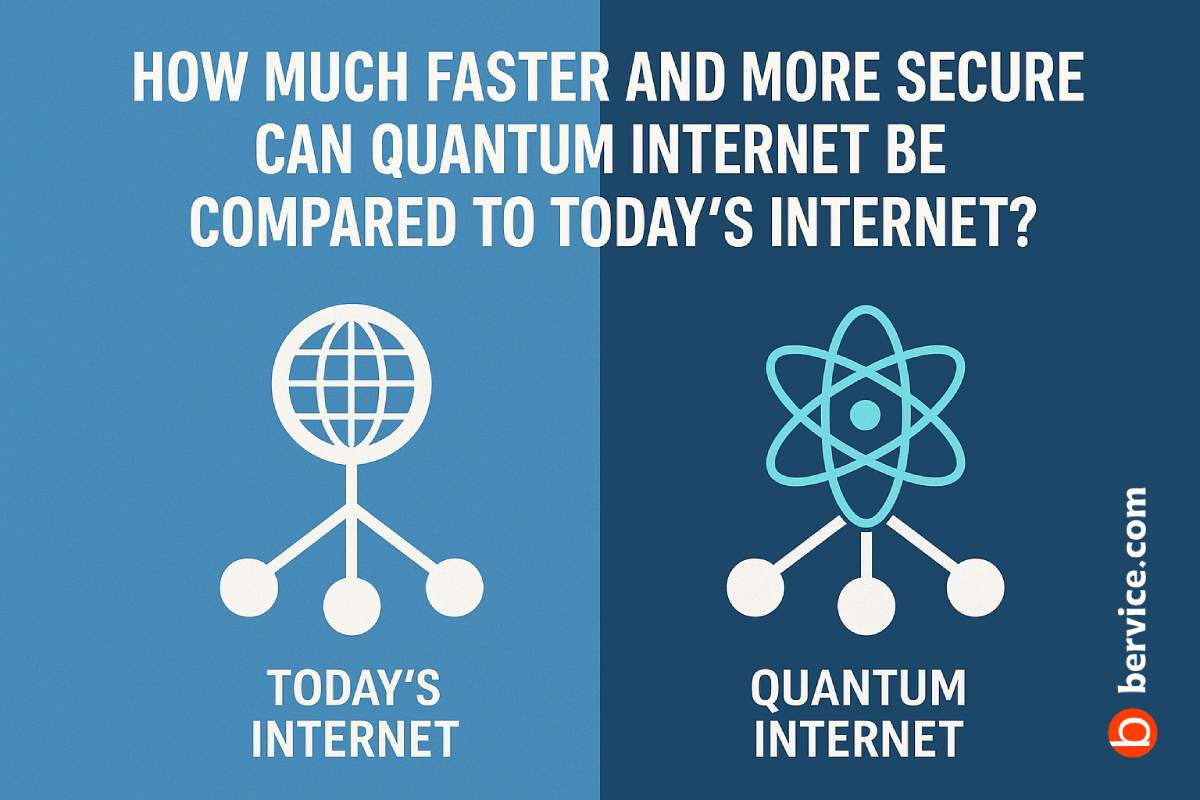
How Much Faster and More Secure Can Quantum Internet Be Compared to Today’s Internet?
As the world transitions into a new era of computing, the quantum internet emerges as a groundbreaking development with the potential to redefine digital communication. Unlike the classical internet, which relies on bits to transfer information, the quantum internet leverages the principles of quantum mechanics—particularly entanglement and superposition—to enable ultra-secure and ultra-fast data transmission.…
-
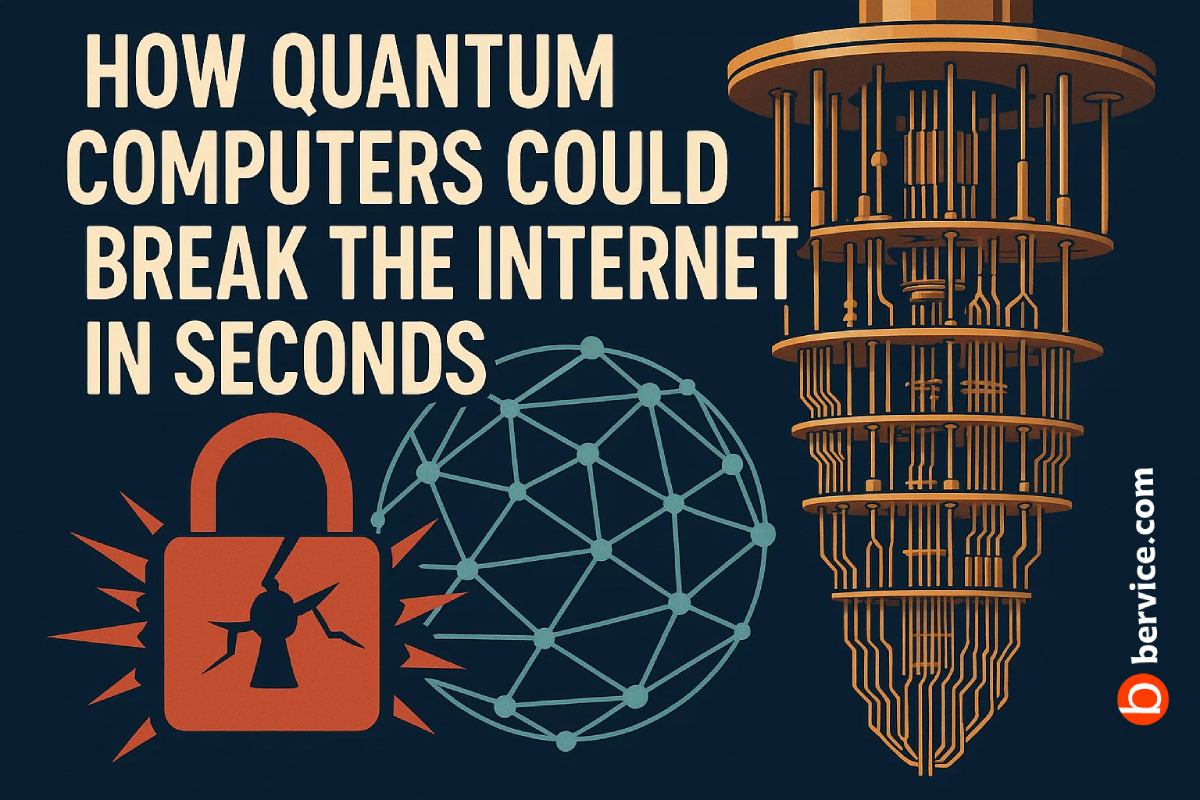
How Quantum Computers Could Break the Internet in Seconds
An Overview of Quantum Threats and Their Impact on Banking, Blockchain, and Global Communications Introduction: A Ticking Clock for Digital Security Quantum computing is no longer a distant theory. With steady advancements by research institutions and tech giants, we are approaching a future where quantum machines will outperform classical computers in critical tasks. Among…
-
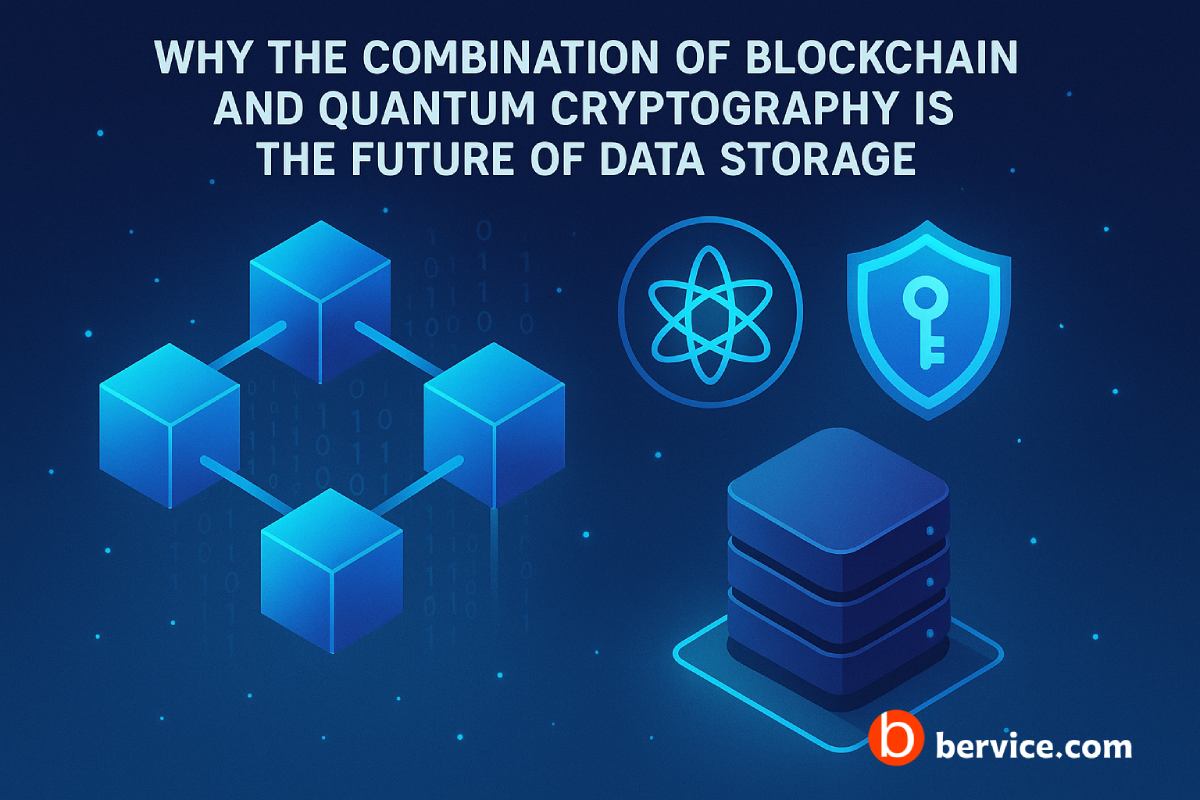
Why the Combination of Blockchain and Quantum Cryptography Is the Future of Data Storage
Introduction: The Rising Demand for Ultra-Secure Data Systems As the world becomes increasingly digitized, the volume, sensitivity, and value of data continue to grow at an unprecedented rate. From personal medical records to financial transactions and intellectual property, our digital lives demand storage solutions that are not only scalable but also impenetrably secure. Two…
-
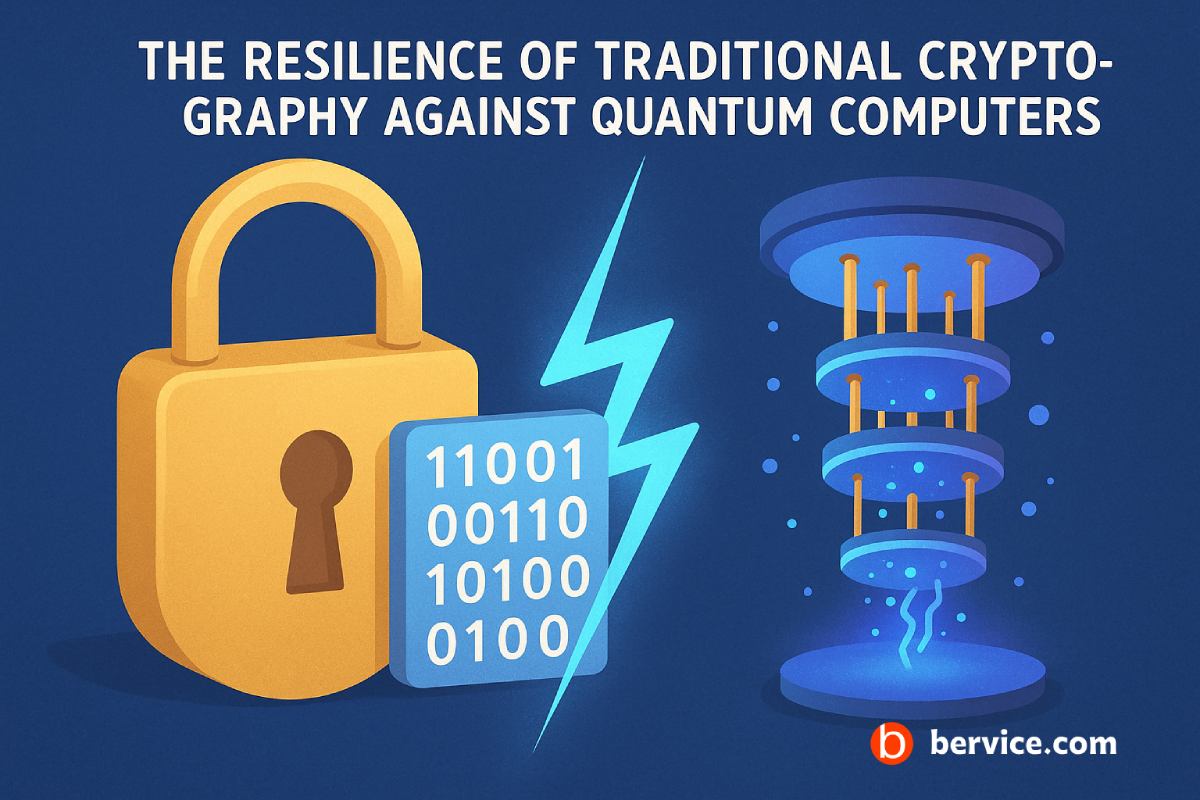
The Resilience of Traditional Cryptography Against Quantum Computers
Introduction: A Cryptographic Arms Race In the digital age, traditional cryptography has been the cornerstone of cybersecurity, protecting everything from online banking to military communications. However, the rise of quantum computing threatens to disrupt this secure foundation. Quantum computers, leveraging the principles of quantum mechanics, promise to solve certain mathematical problems exponentially faster than…